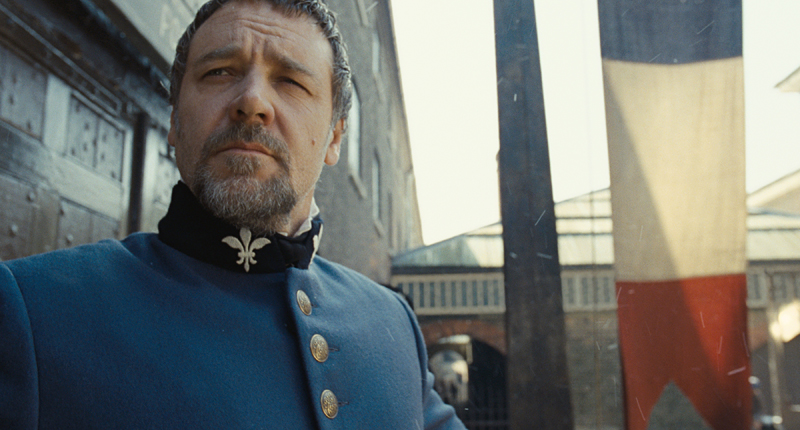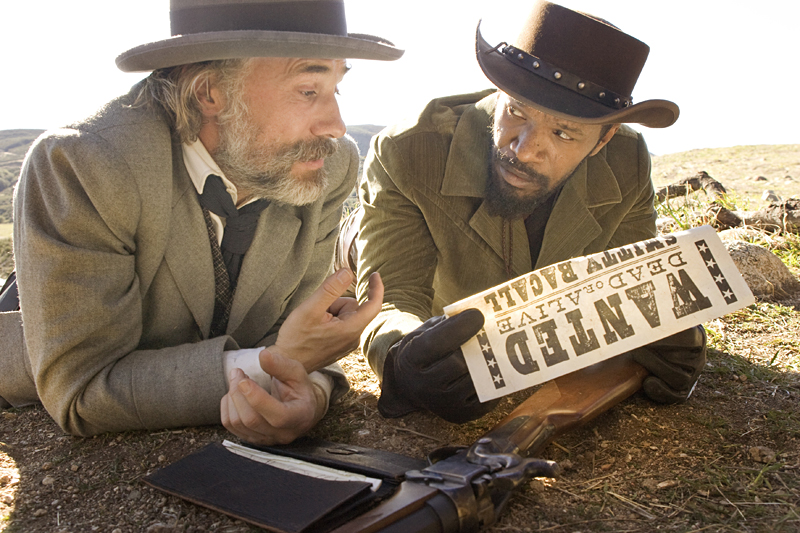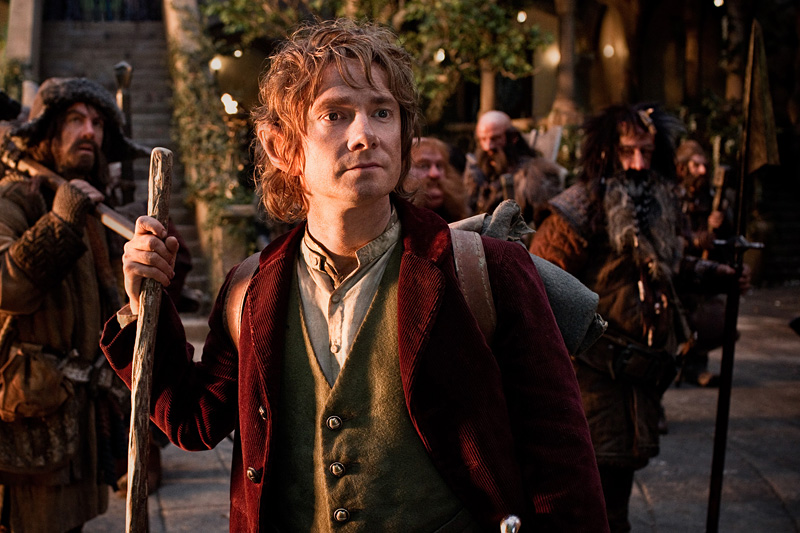An unpretentious and old-fashioned (that is, crisply legible) domestic drama, Kabei shows how Rising Sun Japan’s sense of national destiny affects one family. Aside from a miscalculated coda, it’s set in the years leading up to and immediately after the Emperor’s Army declares war on Britain and the U.S. Father “Tobei” (Mitsugoro Bando) is locked up for writing against the ongoing “crusade” in China. In his absence, Mama “Kabei” (Sayuri Yoshinaga) raises their two daughters, the youngest playing the part of Teruyo Nogami, a longtime Kurosawa collaborator whose memoir was the basis of Kabei; the text periodically interrupts for guided-tour voiceover. Family support comes from an aunt, a sluggard uncle, and a former student, played by Tadanobu Asano, transitioning from comic-relief fop into doomed gravitas. The axis of Kabei is the dining table in the cramped Nogami home; the drama dilutes when perspective shifts to missing loved ones—in prison cells and a torpedoed troop transport—and away from Yoshinaga’s emotive eloquence. About the age of his young protagonists during World War II, director Yôji Yamada does get the period’s texture on film. Best known for his Tora-san melodrama franchise (40-odd films, 1969–96), old workhorse Yamada delivers the solar-plexus emotional hit of a tragic telegram with precision that shows a lifetime’s practice, turning Hallmarkisms sublime.
PICK Kabei: Our Mother: Family Drama From Japan








